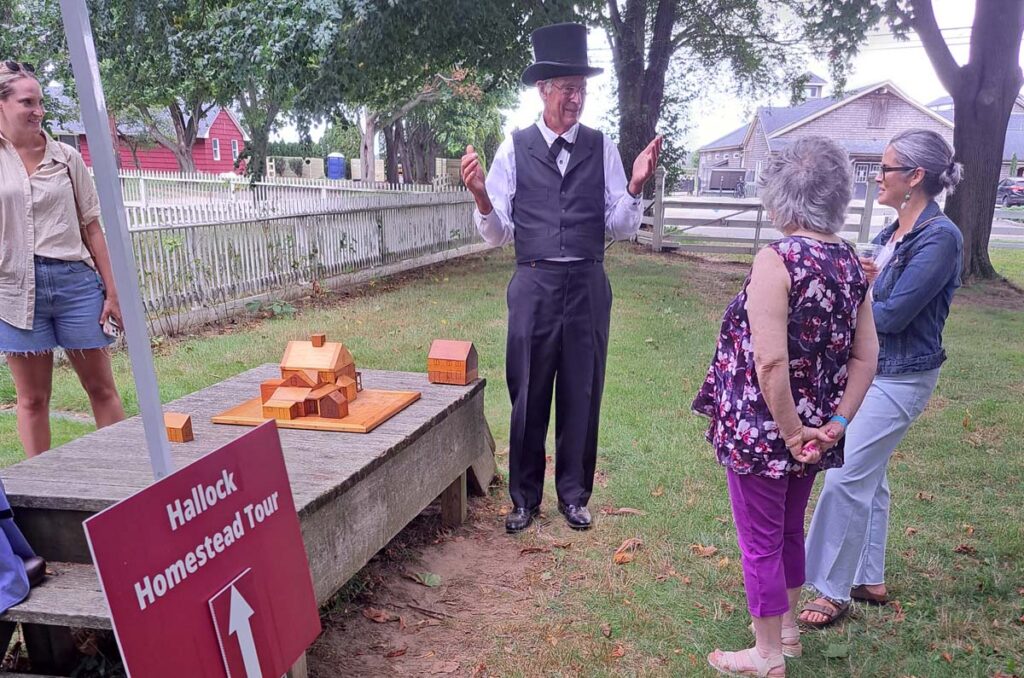In cost-cutting measure, Riverhead could convert sewage sludge to biosolids for use in food production

Riverhead’s sewer department is hoping to change the way it disposes treated sludge, which is currently trucked to a landfill in Pennsylvania.
The town currently pays about $600,000 per year on hauling costs, as there are no Long Island landfills that accept sludge, according to sewer district superintendent Michael Reichel.
Under the proposed plan the town would convert sludge to what’s known as a “Class A bio-solid” which can be applied to land for almost any use, such as sod farms, nurseries, people’s yards and even farms on which food products are ground.
“Were trying to do the right thing here, and in doing the right thing, we’re actually saving money,” he said.
Biosolids are defined by the federal Environmental Protection Agency as “treated sewage sludge that meets the EPA pollutant and pathogen requirements for land application and surface disposal.”
The town is looking to treat the biosolids to a level known as “Class A.”
For application on farms growing food, the food products would have to be grown above ground. For food products like potatoes, which are grown under ground, the Class A bio-solid would not be used, Mr. Reichel said.
Under the plan, the town would allow whoever wants the Class A biosolids to take the material at no charge. That alone, would cut costs for the town, which could no longer have to pay to dispose of the material, Mr. Reichel said.
“In winter, the material would be stored in a covered storage facility on site,” he added.
The annual operating and maintenance cost of the proposed facility would be about $350,000, far less than the current $870,000 operating and maintenance costs, according to engineer Chris Weiss of H2M architects and engineers, which has done a feasibility study of the proposal.
Estimated construction and engineering cost of building a Class A Biosolids facility is $7.2 million, according to H2M.
There are grants available that can pay for up to 50% of the cost, and the state Environmental Facility Corps has 20-year loans available at interest rates as low as 0.36 percent, according to H2M.
If the town could get the EFC loan and a 50% grant, the annual debt service on the loan would be about $190,000, Mr. Weiss said.
Mr. Reichel said that even if nobody takes the material and it has to be hauled to Pennsylvania, the town would still save about $230,000 because the weight of the material would be lessened during the process of converting it to a Class A biosolid.
The next step in the process will be for H2M to do a map and plan of the project and to do an engineering design report.
The work is anticipated to be done some time in 2023, officials said.








